Turkiye’s evolving foreign policy amidst Middle East instability
- Update Time : Wednesday, September 4, 2024
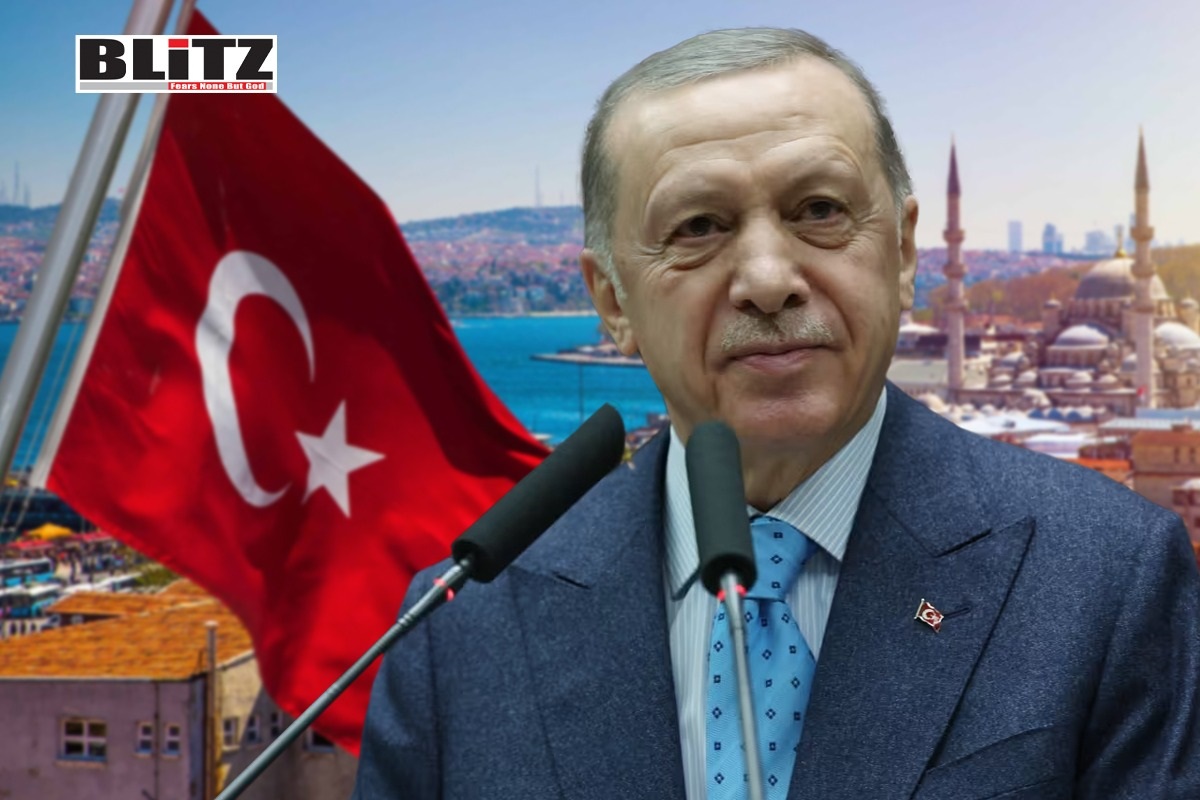
Every country’s foreign policy is shaped by its strategic environment, its neighborhood, and its perception of the regional order. Nowhere is this more evident than in the Middle East, a region characterized by political tensions, armed conflicts, and economic and social instability. For Turkiye, regional security challenges are particularly complex, posing a challenge to maintain its interests while navigating an ever-shifting landscape of alliances and conflicts.
The Middle East has long been a hotspot of instability, but an escalation in crises in recent years has highlighted the fragility of the regional order. This has driven Turkiye to consider new strategies and tools to navigate emerging threats on a case-by-case basis, balancing its aspirations with the realities of a turbulent region. Turkiye’s approach to foreign policy in the Middle East has evolved significantly over the years, reflecting a need to adapt to the unpredictable dynamics of the region.
In the past, Turkiye’s foreign policy in the Middle East was characterized by a proactive and often muscular approach. Ankara’s assertive stance, particularly under President Recep Tayyip Erdogan, placed Turkiye at odds with several regional players, creating complex rivalries from Libya to Syria and the eastern Mediterranean. Turkiye’s involvement in these conflicts often exacerbated tensions, leading to strained relations with neighboring countries and complicating its efforts to project power and influence.
However, recent developments in the region have prompted Turkiye to reassess its approach. The de-escalation of conflicts in certain areas, along with changing regional dynamics, has created an opportunity for Turkiye to shift its focus from military involvement to leveraging soft power as a means to preserve its relations and interests in the region. This shift has been influenced by several factors, including domestic political considerations, the rise of a multipolar regional landscape, and intensified geopolitical competition.
Turkiye’s new foreign policy approach was articulated by President Erdogan, who emphasized the need for flexibility in response to the region’s volatility. “In a period when our region is constantly on edge, establishing new equations in foreign policy is not just a choice but a necessity,” Erdogan stated. Ankara’s current strategy appears to prioritize regional alliances against common threats rather than direct confrontations with other states. This represents a significant shift from previous policies, as Turkiye seeks to navigate a more cooperative and less confrontational regional order.
Despite this shift, Turkiye faces numerous challenges in the Middle East, each posing significant risks to its interests and regional standing. These challenges can be grouped into five main areas:
Syria remains one of the most contentious areas of Turkish foreign policy. Turkiye’s involvement in the Syrian civil war has been marked by both strength and vulnerability. On one hand, Turkiye has demonstrated its military capabilities by establishing a presence in northern Syria, aiming to prevent the rise of Kurdish autonomy near its borders. On the other hand, Turkiye’s efforts to normalize relations with the Syrian regime have been fraught with difficulties. The possibility of re-engaging with Bashar al-Assad’s government represents a major shift in Turkiye’s foreign policy, yet progress has been slow, and recent comments from Assad suggest that reconciliation is far from certain. This issue also remains a source of domestic tension in Turkiye, as public opinion is divided on how to handle the Syrian crisis.
The Kurdish question is a central concern for Turkiye, as the country fears that regional disorder could embolden Kurdish groups in northern Iraq and Syria. The Kurdistan Workers’ Party (PKK) and its affiliates, including the People’s Protection Units (YPG), pose a significant challenge to Turkish national security and interests. Recent escalations in clashes between these groups and Turkish forces have heightened Ankara’s anxiety about a potential resurgence of Kurdish terrorist activities. Turkiye’s determination to suppress Kurdish autonomy movements has led to ongoing military operations in northern Iraq and Syria, further complicating its relations with regional and international actors.
The ongoing conflict between Israel and Hamas in Gaza, along with the broader Israeli-Iranian rivalry, adds another layer of complexity to Turkiye’s regional policy. Iran’s indirect involvement in regional instability, particularly through its support for militant groups, poses a significant challenge for Turkiye. The Gaza war has highlighted the limitations of regional cooperation, as efforts to address the plight of the Palestinian people have largely failed. Turkiye’s strong support for the Palestinian cause has strained its relations with Israel, while its rivalry with Iran over influence in the region continues to shape its foreign policy decisions.
The Middle East is home to several fragile and failed states, which contribute to the region’s instability. Iraq’s ongoing security challenges, Lebanon’s political and economic paralysis, and the conflicts in Syria, Yemen, and Sudan have created a humanitarian crisis that extends beyond national borders. These conflicts have not only inflicted severe suffering on the local populations but have also disrupted food and water security across the region. Turkiye has attempted to play a stabilizing role by acting as a mediator in some conflicts and providing humanitarian aid. However, the scale of the challenges faced by these states often limits Turkiye’s ability to achieve meaningful results.
Economic interests play a crucial role in Turkiye’s foreign policy in the Middle East. Turkiye has sought to counter regional instability through economic collaboration, engaging in ambitious projects with countries like Iraq, the UAE, and Qatar. One notable initiative is the multibillion-dollar project to connect the Iraqi port of Basra with Turkiye, which aims to enhance regional connectivity and economic integration. However, the ongoing instability in the region poses significant obstacles to these initiatives, threatening to overshadow Turkiye’s economic ambitions.
Turkiye’s foreign policy in the Middle East reflects the complexities of navigating a region fraught with challenges. While Turkiye has made significant efforts to adapt to the changing dynamics of the region, its ability to shape the regional order remains limited. The future of Turkiye is inextricably linked to that of the Middle East, and Ankara’s role will continue to be influenced by the region’s volatile environment.
As Turkiye seeks to balance its aspirations with the realities of the Middle East, it must navigate a delicate path between asserting its interests and avoiding further entanglement in regional conflicts. The success of Turkiye’s foreign policy will depend on its ability to adapt to the evolving strategic environment, build alliances based on common threats, and leverage its soft power to achieve its goals. However, the unpredictable nature of the Middle East means that Turkiye’s foreign policy will likely remain a complex and challenging endeavor for years to come.




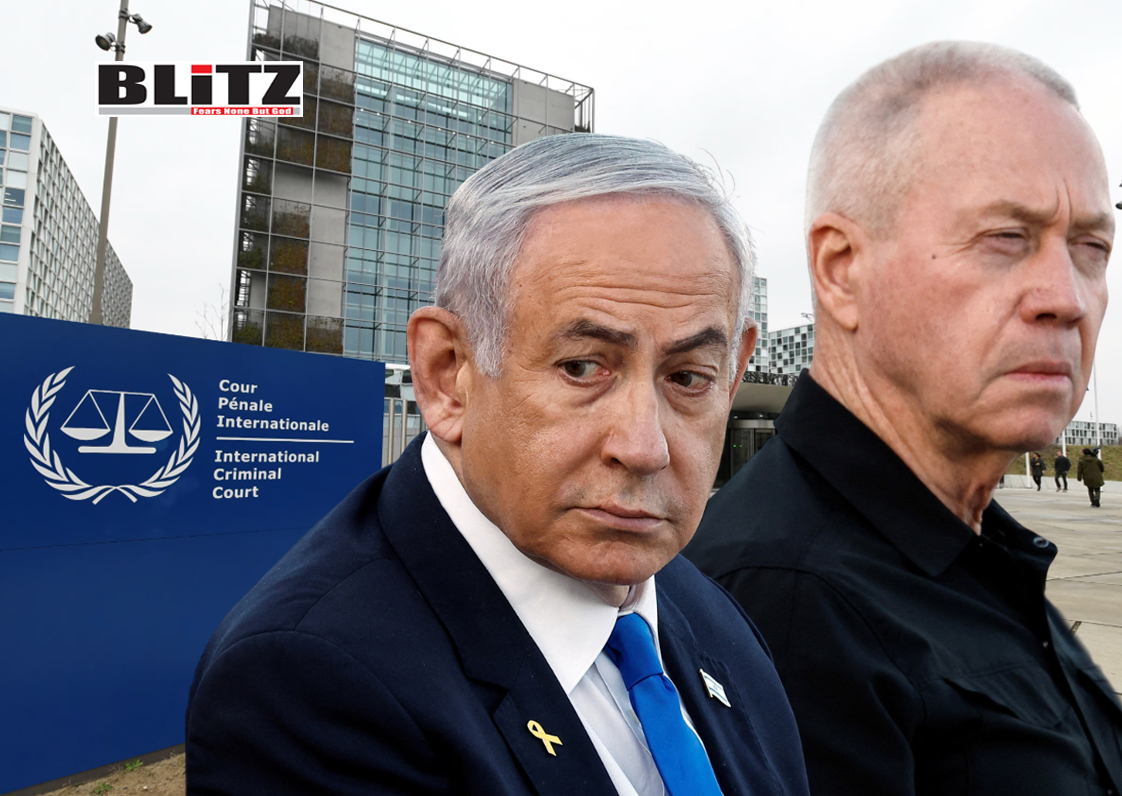

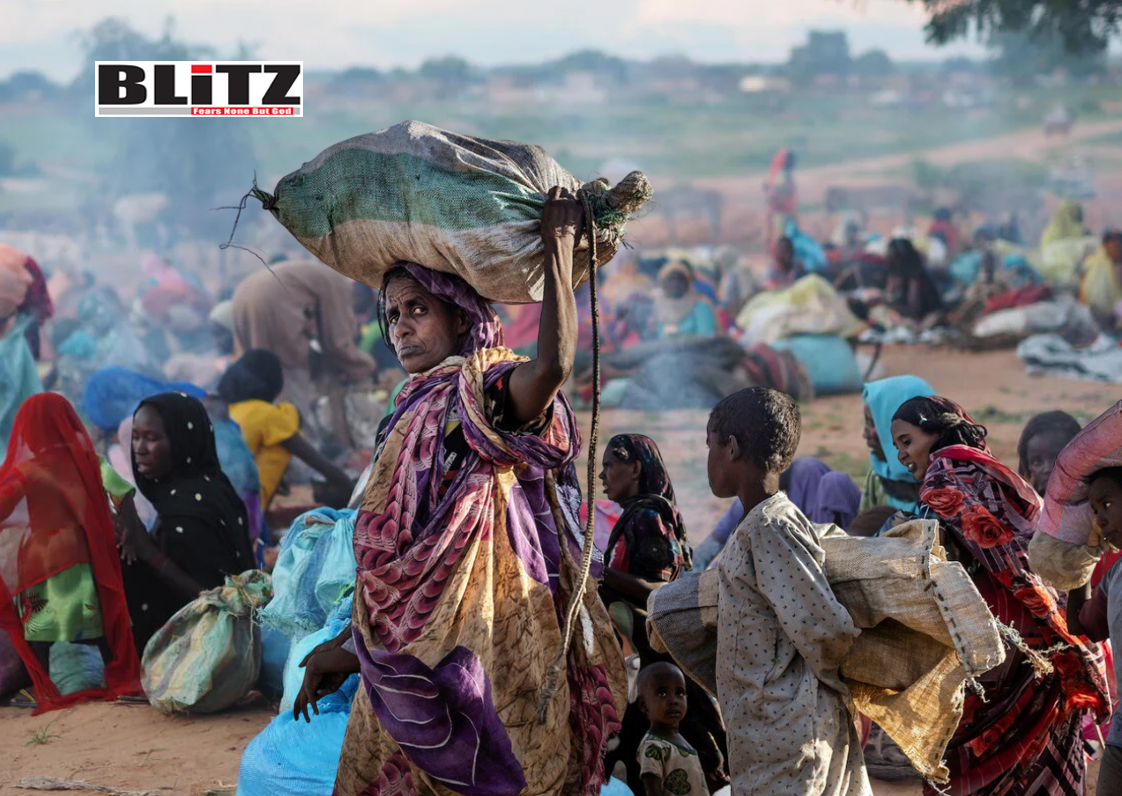
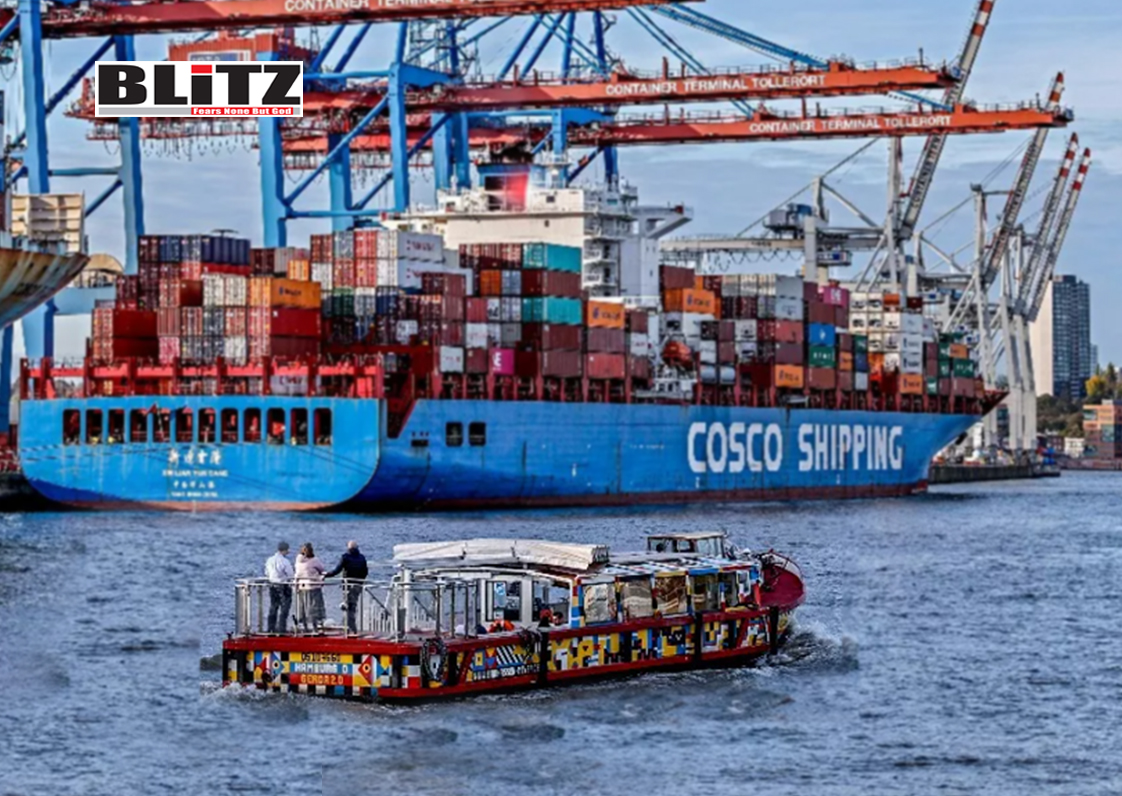
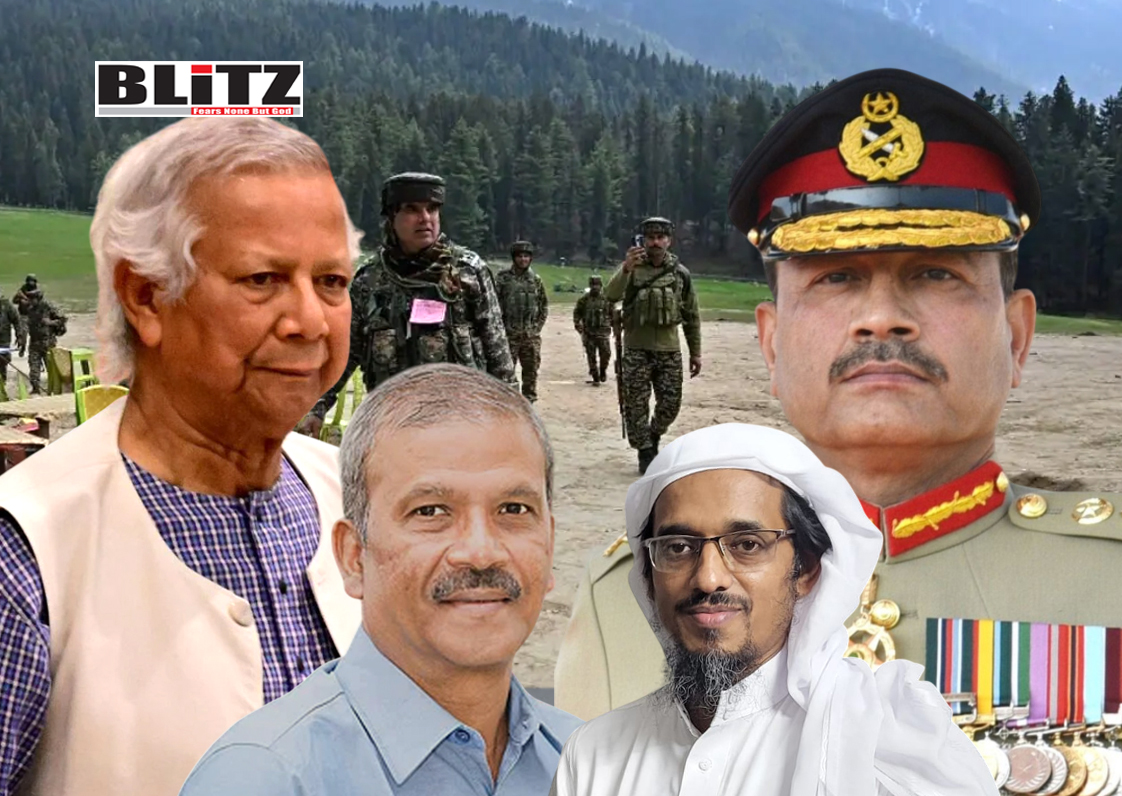
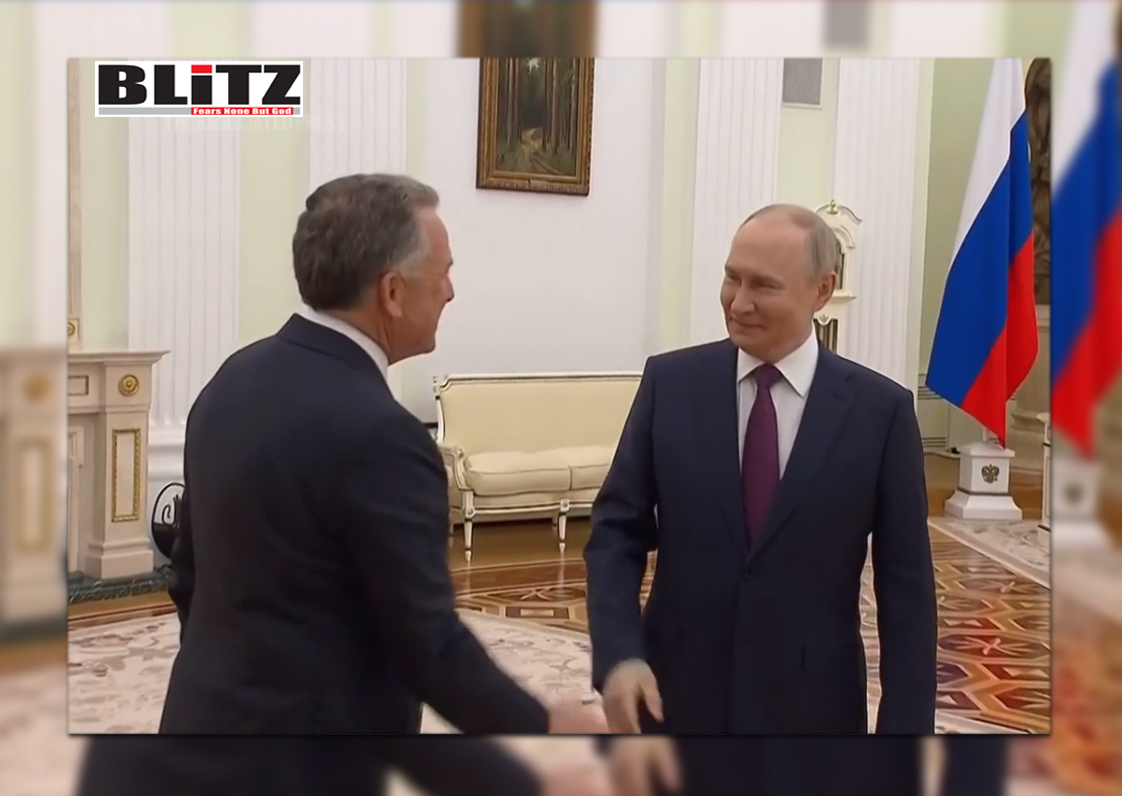
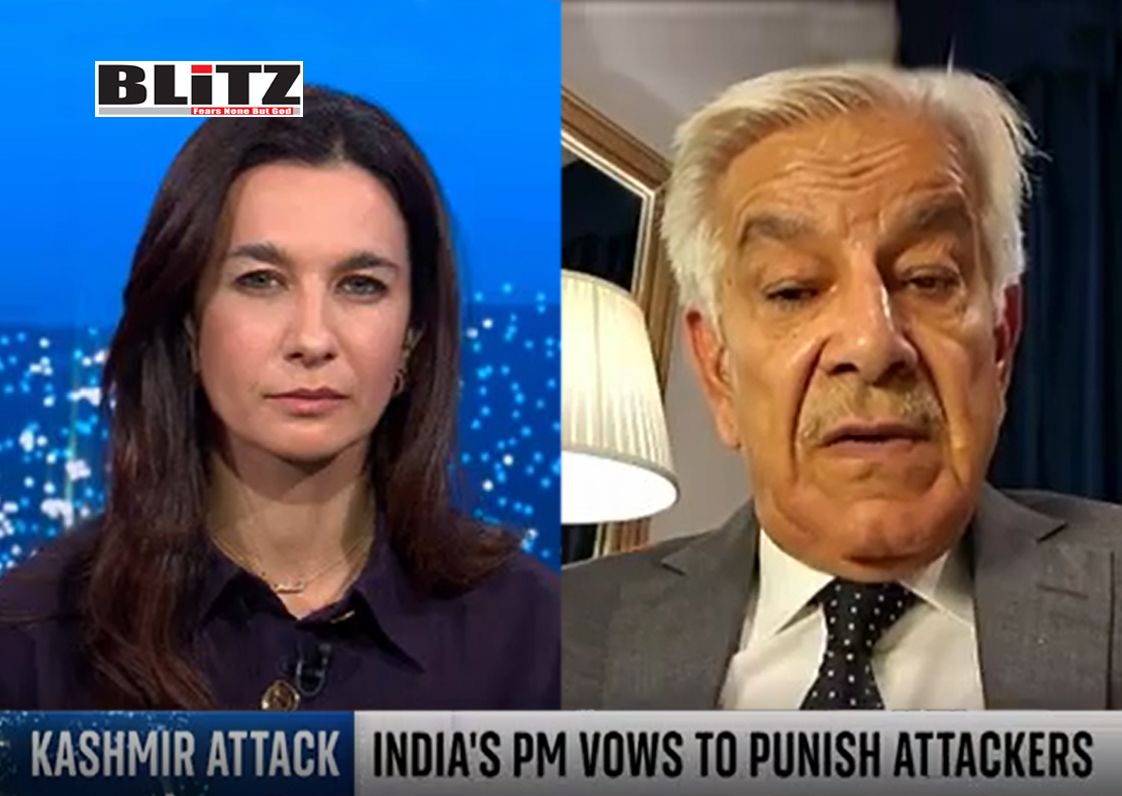
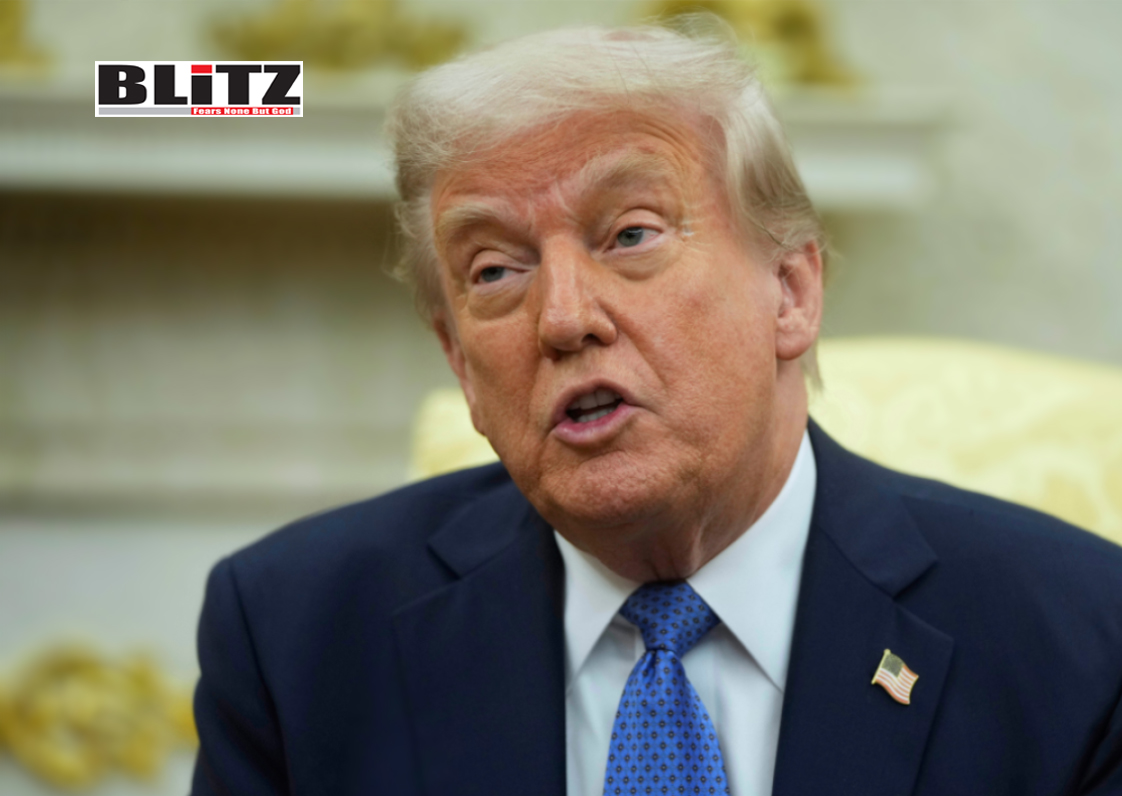
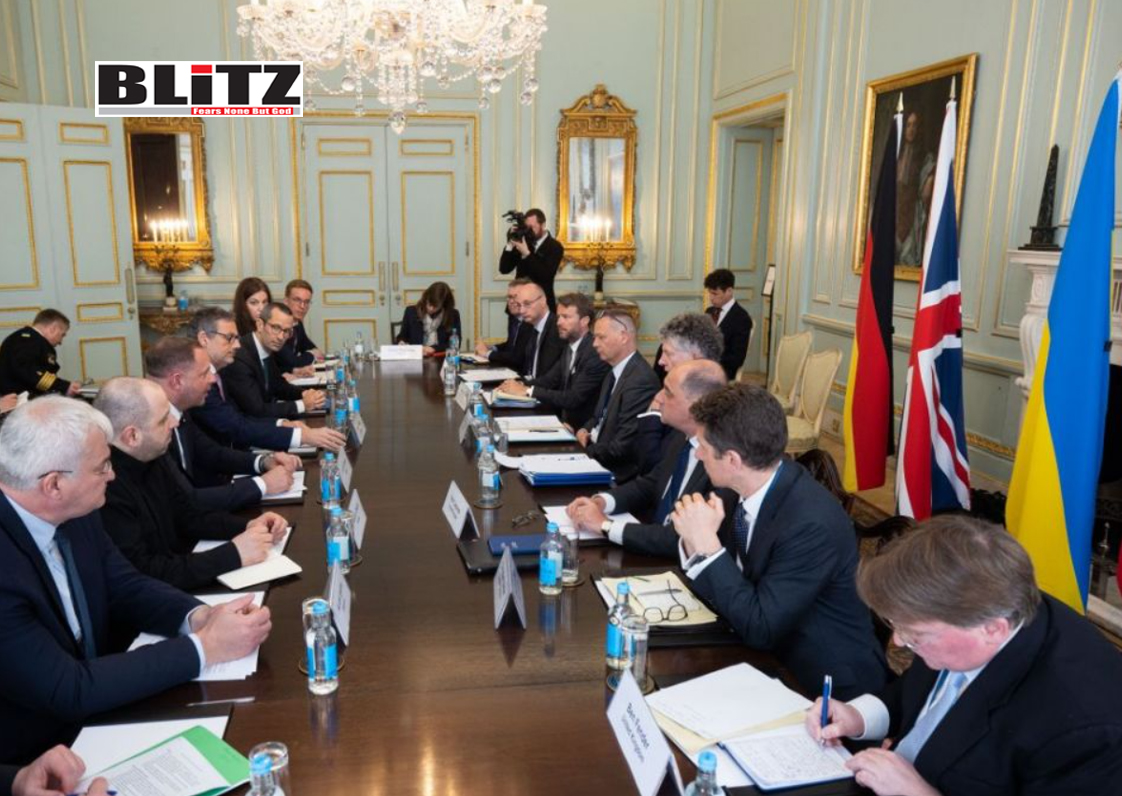
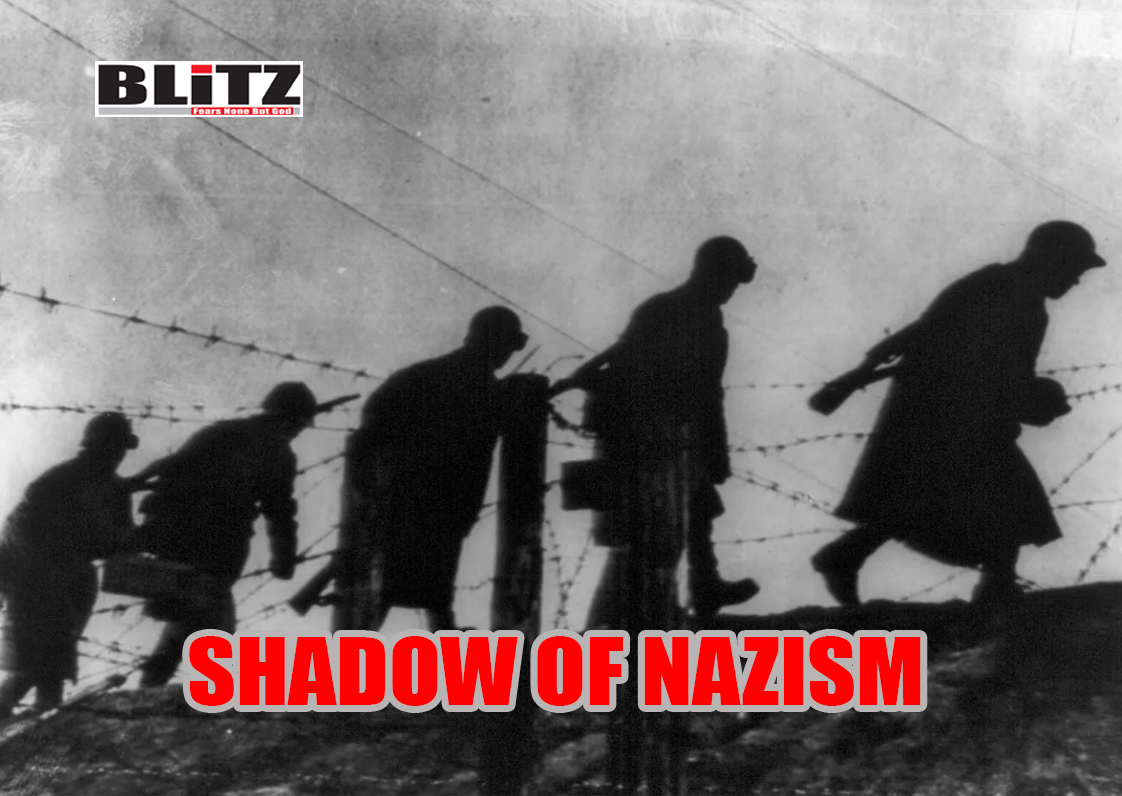
Leave a Reply